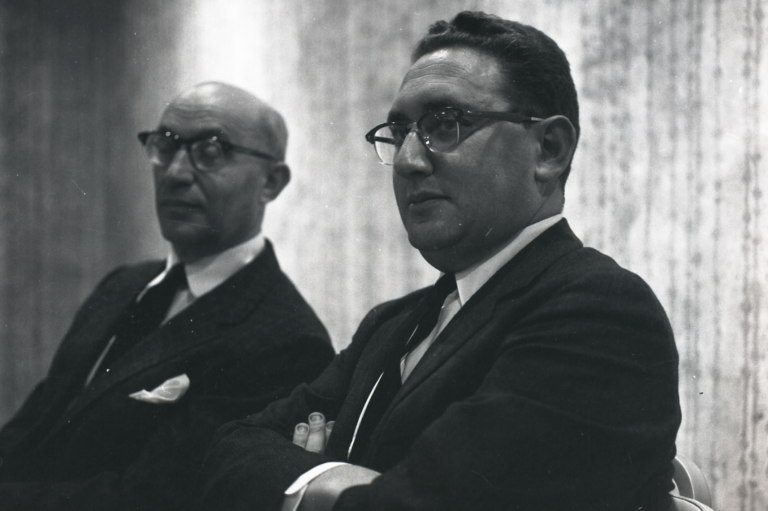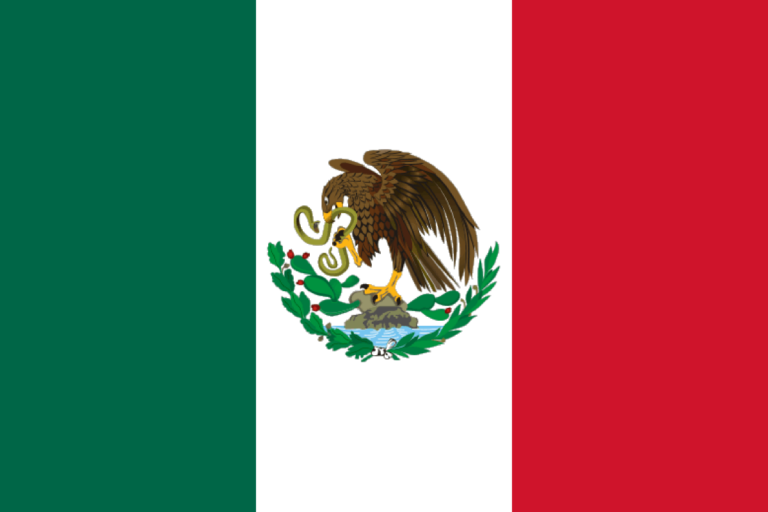April 11, 2006 Volume 8 / Number 15
Catholics, Bush, & the Dictatorship of Relativism
Pope and President have taken a stand against the dictatorship of relativism, as did the Bishop of Madison, Wis. at the National Catholic Prayer Breakfast. Have you?
Steven W. Mosher President
Only in its third year, the National Catholic Prayer Breakfast has become one of the premier events for Catholics in the nation. Close to 2,000 people attended this year’s breakfast held Friday, April 7 at the Hilton Washington in Washington, D.C., with Culture of Life Foundation President Austin Ruse as Master of Ceremonies. Not a slice of bacon was to be seen. President Bush spoke for the second year in a row, but with all due respect to the President, Bishop Robert C. Morlino of Madison, Wis. gave a much more interesting speech.
The gracious President pointed out that Chief Justice John Roberts was present. When this was mentioned, Roberts received louder applause than the President had when he was introduced. “I appreciate so very much the Chief Justice joining us,” said President Bush. “I’m proud you’re here, Chief Justice.”
The President struck his own rhetorical blow against the dictatorship of relativism. “In some of the most advanced parts of our world, some people no longer believe that the desire for liberty is universal,” Bush said. “Some people believe you cannot distinguish between right and wrong. The Catholic Church rejects such a pessimistic view of human nature, and offers a vision of human freedom and dignity rooted in the same self-evident truths of America’s Founding. . . . Freedom is a gift from the Almighty, and because it is universal, our Creator has written it into all nature. To maintain this freedom, societies need high moral standards. And the Catholic Church and its institutions play a vital role in helping our citizens acquire the character we need to live as free people.”
It’s an odd world in which many of President Bush’s fiercest critics, from George Soros on down, say they detest him most because of his firm belief in good and evil.
The President cited the Pope on what sort of character our society should have. “Like his predecessor, Pope Benedict understands that the measure of a free society is how it treats the weakest and most vulnerable among us,” Bush said. “In his Christmas homily, the Pope noted that the Savior came to earth as a ‘defenseless child,’ and said that the splendor of that Christmas shines upon every child, born and unborn. Here in the United States, we work to strengthen a culture of life, through many state and federal initiatives that expand the protections of the unborn. These initiatives reflect the consensus of the American people acting through their elected representatives, and we will continue to work for the day when every child is welcome in life and protected in law.” Amen.
Bishop Morlino gave a forceful speech exploring the impetus behind and techniques of that dictatorship of relativism that Bush implicitly condemned. His Excellency quoted Pope Benedict XVI, who, just before his elevation, gave a speech in which he said, “We are building a dictatorship of relativism that does not recognize anything as definitive and whose ultimate goal consists solely of one’s own ego and desires. We, however, have a different goal: the Son of God, the true man. He is the measure of true humanism.” Added Morlino, “I would note that just this past January, Pope Benedict spoke of policies which promote contraception and abortion as ‘a dogma of hedonism’ which opens the door to the culture of death.”
The bishop said that specific people, whom he choose not to name, promote the dictatorship of relativism. “We all know that the mass media are generally accomplices to those who govern the dictatorship of relativism; they are generally not innocent bystanders or detached journalists who report in an objective way,” he said. “Willing cooperators in this dictatorship are also those who live their lives according to polling results, frequently sponsored by the mass media.”
He noted that glaring inconsistencies in American life and law are not aberrations, but are part and parcel of relativism. After all, there is no imperative for a relativist to be consistent. “This inconsistency is especially neuralgic because the civil law is our teacher,” he said. “We have the very same individuals protesting against warrantless surveillance of possible terrorists’ activities, and then in the northwest, affirming warrantless surveillance of people’s garbage containers to ensure that no recyclables are to be found. On the one hand, warrantless surveillance with regard to possible terrorism is politically incorrect while warrantless surveillance of personal garbage is politically correct. . . . A second example of this inconsistency has to do with killing of a mother who is carrying a child. In certain instances, the murderer is charged with the death of two human beings, both mother and child. However, if a woman exercises her alleged reproductive rights and has an abortion, the law clearly determines that no crime of murder has been committed. Thus, a human life is precious when someone thinks it is, be it a parent or be it a civil court, and when that life is deemed not to be human or otherwise be without value, then it is expendable.”
Those with a little understanding of human nature, and who have absorbed the lessons of George Orwell’s 1984, know that law and action follow language. “The second weapon in the arsenal of those who would dictate relativism to the rest of us consists in a series of linguistic redefinitions, euphemisms, and other anomalies,” Bishop Morlino pointed out. “Language, as the philosopher Heidegger said, ‘is the house of being.’ If our language is contorted and deconstructed through euphemisms, redefinitions and other anomalies, then the being housed by language becomes indeterminate. There are no fixed meanings, that is relativism pushed to its pinnacle, nihilism itself. . . . Our society speaks of openness and tolerance as almost supreme virtues, but to be open means precisely to be closed to the objective truth. If one would claim the existence of objective truth, one is considered closed and arrogant, rather than open and tolerant. So go the language games. The euphemistic approach is perhaps best captured by the words ‘late-term abortion.’ This term covers up the fact that a partially-born human being is brutally murdered in the process of being born.”
“Choice” has long been a term of great power, appealing to many Americans, but curiously, it is consistently applied to only one issue. “I’ve never heard anyone defend a pro-choice position with regard to bank robbery,” Morlino noted. “The only time this expression is used without reference to what we’re pro-choice about is when the most innocent and helpless human being is at stake. Pro-choice is synonymous with pro-abortion because no one speaks of pro-choice in any other context. Pro-choice is a euphemism that causes us to forget the baby.”
Even the very word “truth,” said the Bishop of Madison, seems to be giving way to the word “transparency” as a goal of public discourse.
In a country where a popular President remained popular despite his perjurious redefinitions of “sexual relations” and “alone,” not to mention his questioning of the definition of the word “is,” can we hope to succeed in resolidifying the definitions of “human,” “child,” and “marriage”? Said Bishop Morlino, “The law of reason within us when given unrestricted range cannot arrive at any other truth in the end than the truth of Jesus Christ. He is Risen, His victory is ours. The challenges are difficult but we have every reason, the reason who is Christ Himself, never to give in to discouragement. Our faith in which alone our reason finds total fulfillment, that faith is our sure victory.”
A Blessed Easter to all.
Joseph A. D’Agostino is Vice President for Communications at the Population Research Institute.










